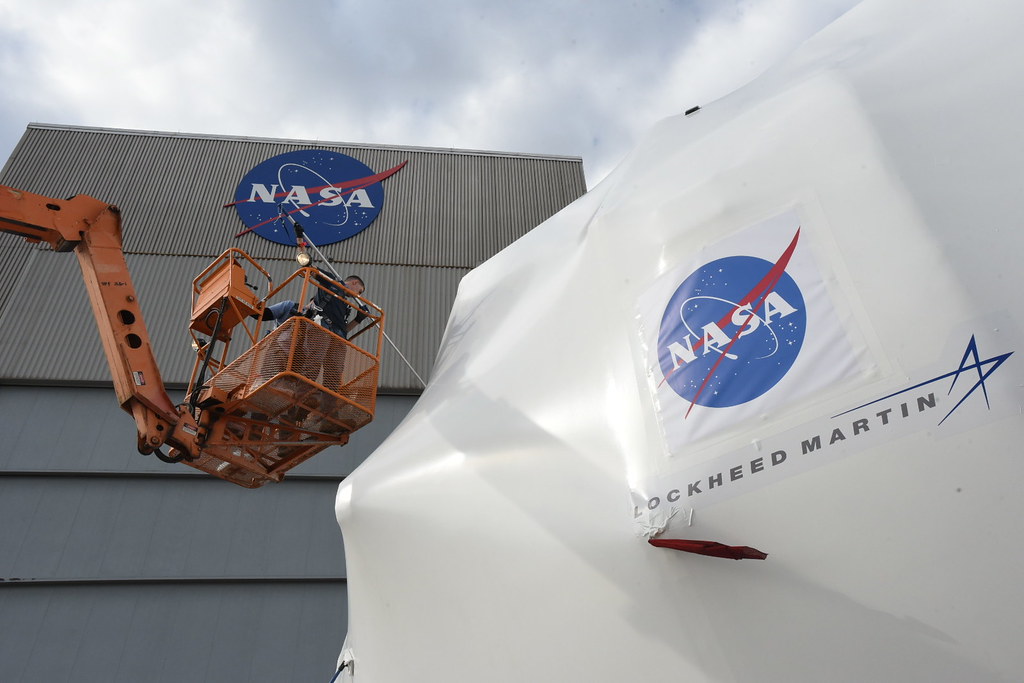Space is known as the new frontier. Space is where we can push our limits; it is where we can venture into the unknown. Space exploration has already led to remarkable inventions here on Earth, such as the smoke detector or GPS. It also helps foster a healthier economy by providing jobs and creating more opportunities.
Space exploration also helps solve problems on Earth. Research aimed at sustaining life in space, such as figuring out how to grow food in space, has tangible benefits for solving challenges on Earth. Technologies initially developed for space and long-duration space missions, such as those for growing food in extraterrestrial environments, are now being used to address challenges on our planet. For instance, the knowledge gained from learning how to grow food in space can be applied to food production by making it faster, more sustainable, more prosperous and require less resources. The utilization of space exploration research benefits future astronauts and serves as a way to grow food more quickly and more efficiently.
There are also medical benefits to space exploration. According to NASA, the crossover of technology from space exploration to healthcare on Earth is evident in the case of the ultrasound machine. Initially adapted for space, NASA researchers tested uses for ultrasound, expanding its diagnostic applications on Earth. This revolutionized hospital diagnostics and allowed for on-the-spot diagnoses in remote locations, benefiting athletes, travelers to extreme environments and individuals needing immediate medical attention. Researchers are actively studying genetic samples from astronauts before, during and after spaceflight. This genomic research not only aids in understanding the effects of space conditions, but also has profound implications for personalized medicine on Earth. By analyzing how different genes react in the space environment, scientists can contribute to developing tailored pharmaceuticals and treatments, optimizing disease management based on an individual’s unique physiology.
Space exploration also helps push our economy in a positive direction. In 2021, Ohio experienced economic benefits from NASA’s presence and contracts within the state. NASA civil service employees in Ohio earned $261.3 million in labor income. This income not only supports the livelihoods of these individuals, but also benefits the economy. NASA contracts sourced in Ohio amounted to $409.8 million. These contracts represent manufacturing, research and development, contributing to the state’s economic success. The cumulative economic impact resulting from NASA activities in Ohio is substantial. It includes $834.9 million in total labor income and $2.4 billion in economic output. This effect is just in Ohio for now, but if we extrapolate this to other states, the nationwide significance of space-related activities will be evident.
Beyond spaceships and astronauts, NASA plays a crucial role in understanding our planet. Using satellites, planes and countless sensors, they comprehensively picture Earth’s climate, showing the coordination of natural forces and human impact. This story began in 1960 with the first weather satellite. Today, NASA’s Earth-focused tools track everything from hurricanes and wildfires to ocean life, offering data insights for researchers, policymakers and the public.
According to the Nuclear Energy Institute, NASA’s Earth System Observatory will supposedly revolutionize our understanding of Earth’s climate by deploying many satellites within the next decade. These satellites will delve into various areas, including forest fires, rising sea levels and agricultural processes, offering invaluable regional and local data that illuminate the intricate interactions within Earth’s atmosphere, ice, land and oceans. The observatory will focus on figuring out when bad weather will occur and how tiny particles called aerosols are messing with our climate. The Biden Administration’s increased funding for Earth science research underscores the program’s significance in comprehending the profound impacts of climate change. Integrating nuclear energy into space exploration has been pivotal, powering missions such as Nimbus III, the first U.S. satellite to collect oceanographic data using nuclear power. While solar panels initially gained prominence in space, new investments in nuclear energy hold the potential for similar growth. As climate change gets worse, it’s pivotal to put money into space exploration and Earth observation missions. We need to understand Earth better, and using nuclear power is a necessary part of that.
Exploring space isn’t just a cool adventure into the unknown; it’s an important investment in our planet’s future. It pushes our brains to think in new ways, inspires inventions that improve our lives on Earth and gives us the know-how to deal with big problems like climate change and food stability. Things we use daily, like smoke detectors and medical breakthroughs, all began with space exploration. So, when we look up at the stars, it’s not just about space; it’s about how exploring the cosmos can make life better for everyone here on Earth.


























